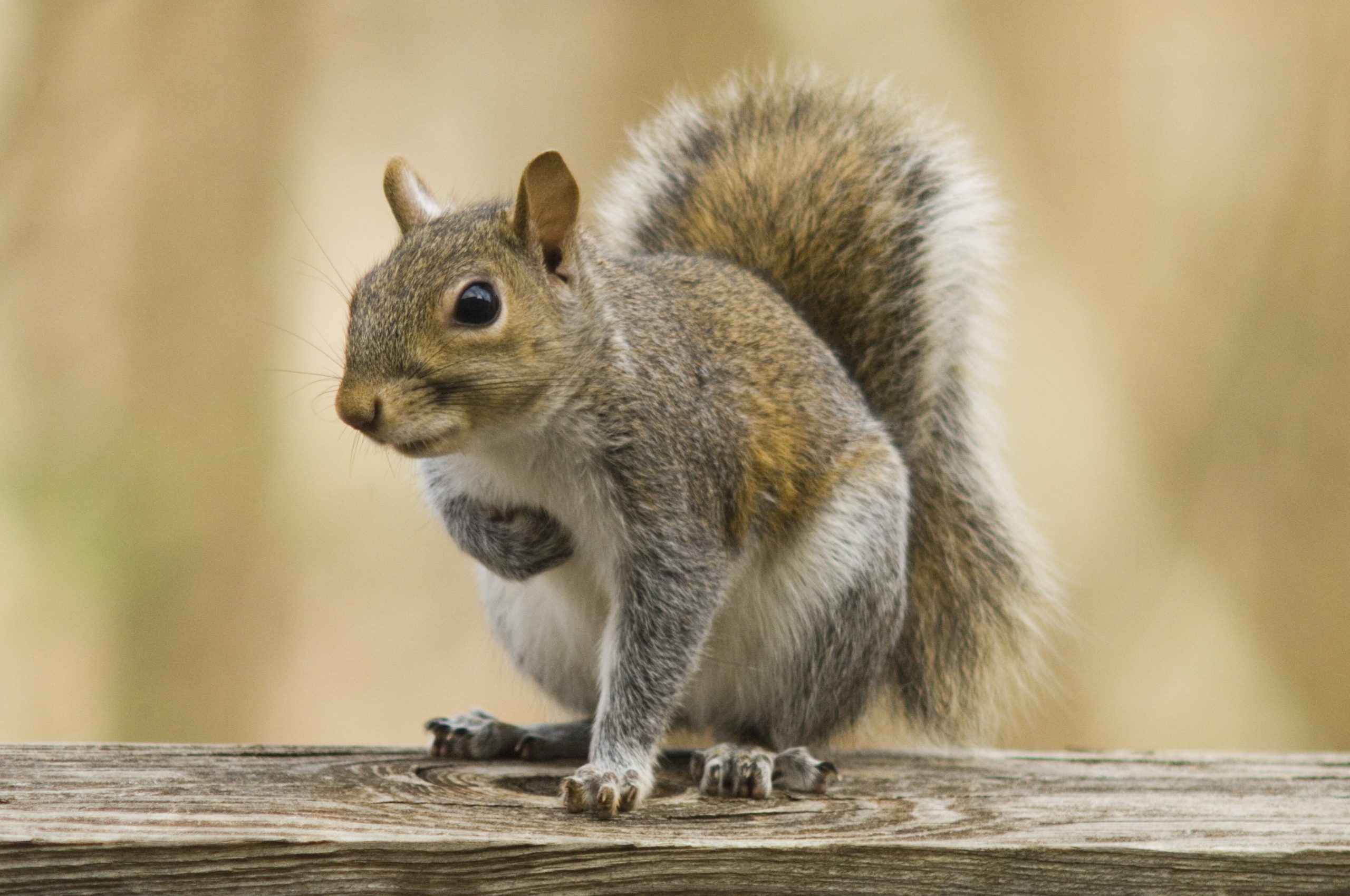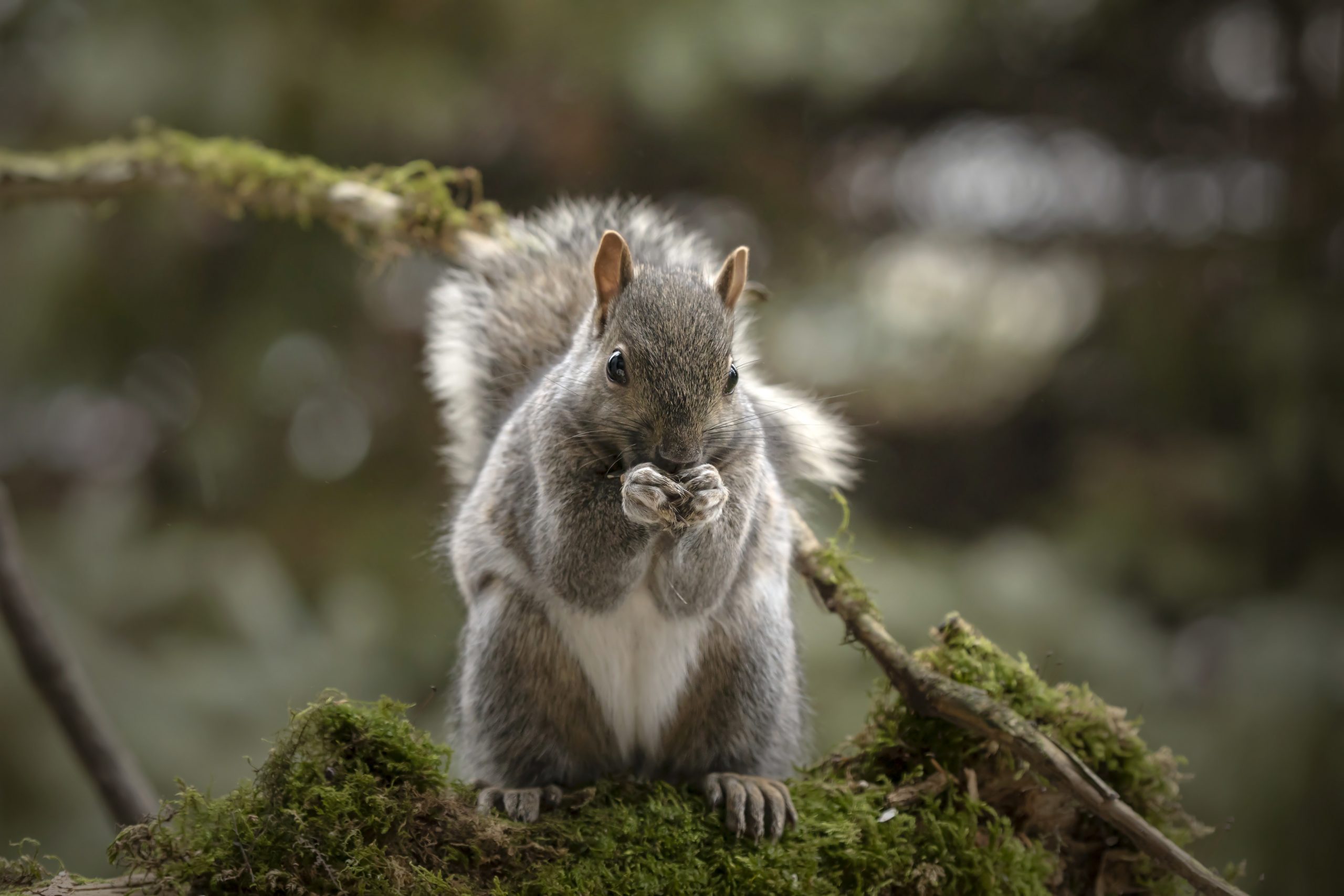3 Reasons Not To Have A Pet Squirrel
Having a pet can be a great experience, but if you're thinking of getting a pet squirrel, you may want to think again. Here are 3 compelling reasons why keeping a pet squirrel isn't the best idea. Read on to learn more!
Why Squirrels Aren't Great Pets
Having a pet squirrel may seem like a fun and exotic way to express your love for animals, but there are some important things to consider before bringing one into your home. From legalities to practicality, having a pet squirrel is not something that should be done without careful thought and research. Here are three reasons why you should think twice before bringing a wild squirrel into your home:
1. Wildlife laws: Depending on where you live, it may be illegal to keep an animal native to your region as a pet. In most areas, federal and state laws protect native wildlife and impose heavy fines or even criminal charges for the possession of wild animals as pets.
2. Risk of injury: Squirrels may look cute and cuddly, but they are predators with sharp claws and powerful teeth that have evolved for cracking open nuts! Even if the squirrel is tame, that doesn’t mean it is safe—a startled or scared squirrel could lacerate you with its claws or bite out of defense.
3. Caging complications: Keeping an animal like a wild squirrel in captivity can have serious negative effects on their well-being; cage stress can lead to physical and psychological ailments that will ultimately affect the animal’s lifespan.

Cost Of Owning a Squirrel
Having a pet squirrel can come with major financial costs that you may not have considered. The first cost to consider is the initial fees required to adopt or buy a pet squirrel. While squirrels can generally be adopted or bought for a low price, they still require items such as cages, toys, and food that can add up in cost. Additionally, veterinary care is an essential part of owning any pet and regular visits to the vet will also add to your expenses.
Some people have tried to save money by giving their own food to their pet squirrel, which rarely works out well in the long run as it can create nutritional deficiencies and eye problems which may require expensive treatments and medications later on.
Furthermore, while it is possible for some people to make homemade cages, most pet owners tend to end up buying them as doing so often proves cheaper than spending hours constructing one from scratch. In conclusion, the financial cost of taking on a pet squirrel should be taken into consideration before making such a commitment.

Damage To Property
Having a pet squirrel can come with a host of complications, and one of the biggest ones is the damage they can do to a property. When wild, they are known to chew on siding and wiring, often causing expensive repairs.
If you have a pet squirrel in your home, you will need to take extra precautions to ensure their housing is secure and that they are not able to escape and cause damage outside.
Many people think that by having access to an outdoor area, the risk of property damage is minimized – however it is rather naive for anyone to assume that a mischievous pet can’t find its way out of an enclosure from time to time, especially since wild animals are particularly adept at finding small holes or weak points.

Squirrels Will Bite!
One of the biggest issues people consider when deciding whether or not to keep a pet squirrel is the risk of injury, to either themselves or others. Squirrels, regardless of how friendly they may be with you, are wild animals and can act unpredictably.
They are naturally curious, but this sometimes leads them to act without thinking— biting, scratching, and other aggressive behavior which can be dangerous for humans and other animals alike.
